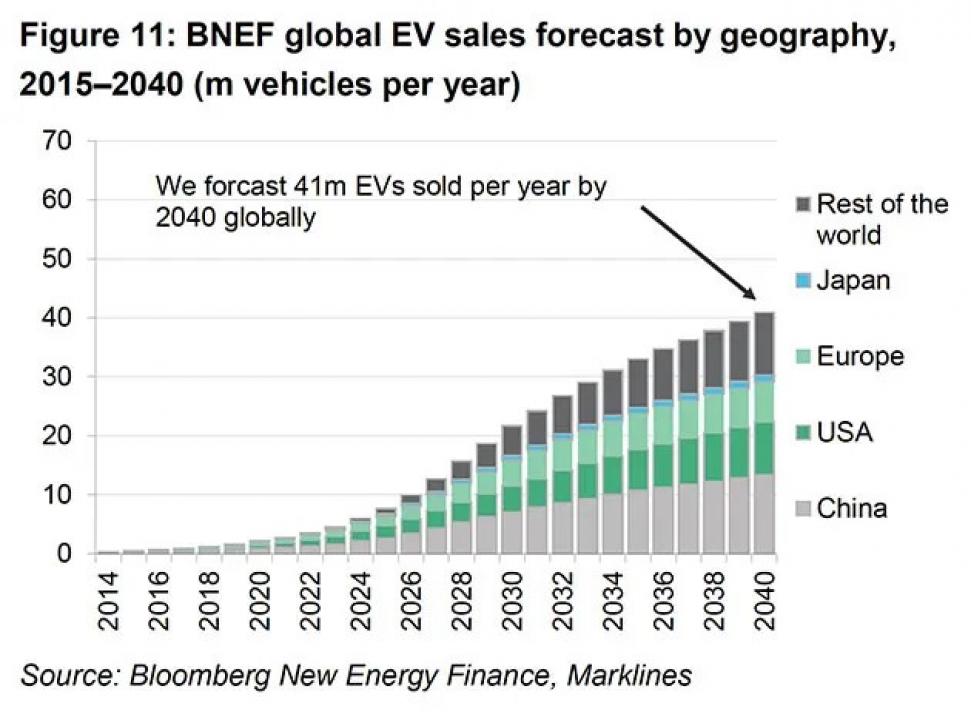The Rise of Electric Vehicles: Revolutionizing Transportation
- 25 Oct 2024
- 365
- Electric Vehicles , EV Sales Ireland
The electric vehicle (EV) revolution is transforming the transportation landscape, marking a significant shift from traditional gasoline-powered cars to cleaner, more sustainable alternatives. This article explores the factors driving the rise of electric vehicles, their impact on the environment, and what the future holds for this burgeoning market.
1. Market Growth
In recent years, the EV market has experienced explosive growth. Sales are skyrocketing as consumers become more aware of the benefits of electric vehicles, including lower operating costs and environmental considerations. Governments around the world are also playing a pivotal role by offering incentives, such as tax credits and rebates, to encourage EV adoption. Major automakers are committing to electrification, with many pledging to transition their fleets to electric by the end of the decade.
2. Advancements in Battery Technology
A key factor behind the rise of electric vehicles is the rapid advancement in battery technology. Improvements in energy density, charging speed, and overall efficiency have made EVs more practical for everyday use. The development of solid-state batteries and innovative materials promises to further enhance performance and reduce costs, making electric vehicles more appealing to a broader audience.
3. Environmental Impact
Electric vehicles offer a significant reduction in greenhouse gas emissions compared to their gasoline counterparts. As the energy grid becomes greener with the increased adoption of renewable energy sources, the carbon footprint of EVs will continue to decrease. Additionally, cities are experiencing improved air quality as more people switch to electric vehicles, contributing to public health benefits.
4. Infrastructure Development
To support the growing number of electric vehicles on the road, the expansion of charging infrastructure is crucial. Public and private entities are investing heavily in charging stations, making it easier for drivers to find convenient charging options. Innovative solutions, such as fast-charging networks and wireless charging technologies, are also emerging, further enhancing the EV ownership experience.
5. Future Trends
The future of transportation is likely to be dominated by electric vehicles. With advancements in autonomous driving technology, we may soon see self-driving EVs that provide new levels of convenience and safety. Additionally, vehicle-to-grid technology could allow EVs to act as energy storage units, feeding power back into the grid during peak demand periods.
Conclusion
The rise of electric vehicles is not just a trend; it represents a fundamental shift in how we think about transportation. With their potential to reduce emissions, lower operating costs, and transform urban mobility, electric vehicles are poised to revolutionize the way we travel. As technology continues to advance and infrastructure improves, the future of electric vehicles looks brighter than ever.

